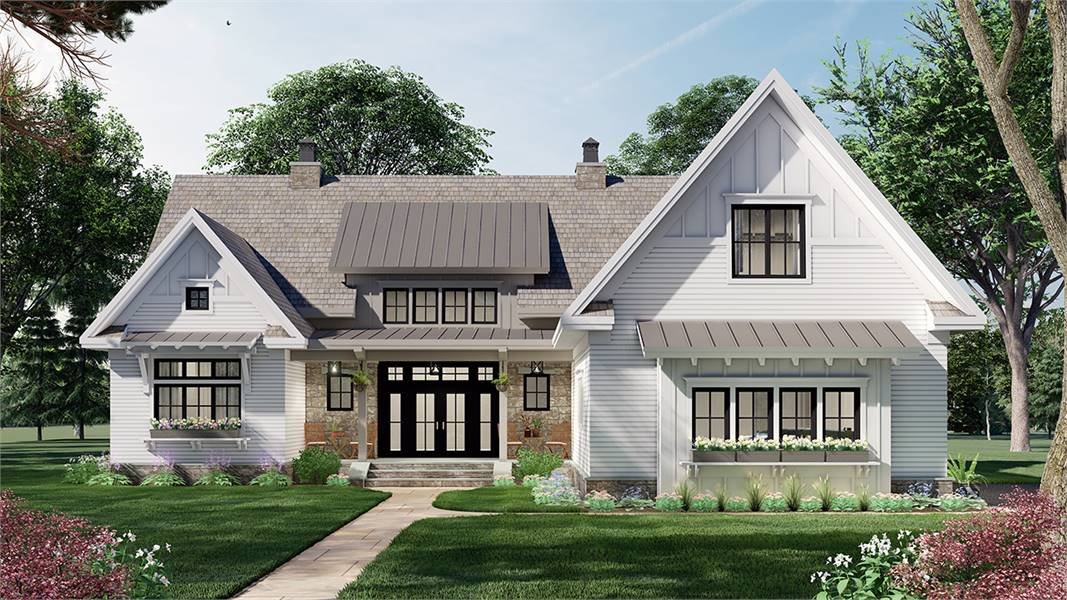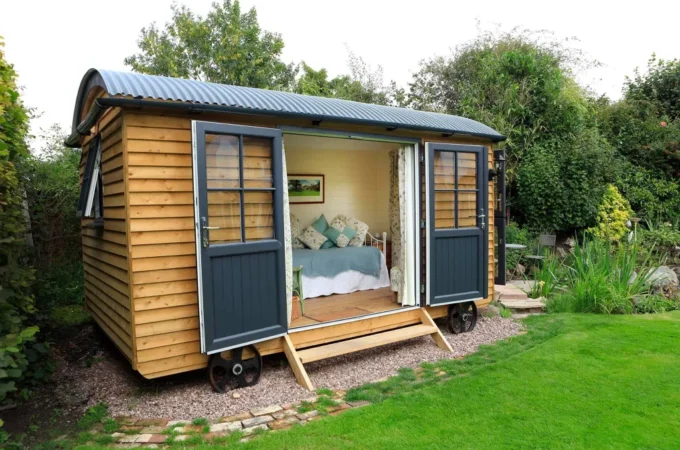
Do New Homes Appreciate Faster Than Old Homes?
Whether for your investment portfolio or to call a place your home, buying your first house takes crucial decision-making. Your home makes for an essential asset that can offer you significant returns. A new home, while costing more, appreciates faster than an old house.
There are many reasons for this. While a pre-owned home has its old-time charm, a newly-constructed house comes with multiple monetary benefits. These benefits are what helps new homes appreciate faster than older houses. Hence, it can always help knowing how to choose between old and new homes.
Today, we will look into why new homes appreciate quicker and their role in your decision to invest in a property. Click here to learn more about new luxury homes well-suited to your dream living.
What is Price Appreciation for Homes?
When the value of your property rises over time, it is called price appreciation. It can either be due to various factors owing to the property or depend on the homeowner. If you are a homeowner, you can boost your house’s value appreciation through renovations, repairs, and other improvements.
Factors that Help A New Home’s Value Appreciate Faster
Your home’s appreciation value also helps to raise its equity. When you invest in a new home, it provides better appreciation value over time. And there are influential factors that help hike your property investment value.
The Infrastructure
Your property’s price appreciation can depend on the infrastructure around you. The transit, quality of roads, connectivity, and transportation each play a substantial part in value appreciation. Good roads and transportation systems can attract prospective populations and increase property demand.
Buying a home around an ongoing infrastructure project can help its appreciation value over time. These projects can be for airports, highways, power generators, etc. These types of infrastructure can improve road connectivity and the state of living for prospective investors.
These ongoing projects are predominantly in developing urban areas that have a booming property market.
Land Appreciation
The value of your land depends a lot on the prices in the community. Since buildable land is challenging to find, it helps raise the property value. If you purchase land in an area under initial buying phases, you can acquire it at affordable rates. The prices of these plots of land rise with the next buying phase. All in all, the buying phase determines the value of your property over time.
Development in Your Locality
Property can appreciate faster over time with the help of social development around it. A home in a well-protected neighborhood, which has CCTV cameras outside houses, well-trimmed gardens, connected roads, and more, is bound to appreciate over time. More people want to live in areas that feel safe, which draws more investors.

Desired Renovations
Adding desirable assets to your home can raise its value over time. For example, if you buy a house with no garage and construct one before reselling it, it can improve its value in no time. One of the reasons new homes appreciate faster is because you can add more essentials to a well-built home with lower maintenance charges.
Available Parking
A house with a parking garage in metro cities can attract potential investors. People living there are professionals who need to travel daily. So a secure spot for their vehicles is a plus.
Lending Rates
Lower lending rates attract buyers and improve demand. Therefore, the cost of borrowing (interest rates) can affect your home’s appreciation value in the long run.
Economic Stability
Unemployment rates, inflation, etc., are essential factors that can also determine the rise in a home’s appreciation rate. If the country is going through a period of economic stability, there is demand for employment, an improved minimum wage, and a rise in demand for properties.
During these times, more investors will look for properties with a higher turnover rate and demand in the market.
Advantages of Buying a Newly-Built Home
There are many benefits to buying a new home:
Lower Maintenance
One of the drawbacks of old homes is the constant need for maintenance. Chipped walls, cracks in water pipes, etc., can put a dent in your pocket. Fortunately, there are no worries about these for new homes.
Everything is brand new in a new house. Which means that the monthly maintenance budget is affordable. It needs little to no repairs or replacement for the first few years. Be it a new roof or fixtures, newly-constructed houses are fortified to last steady for years.

Energy Efficient
There are lesser risks of high utility bills as these homes are energy efficient. The gas and hydro bills are easy to pay off every month as new appliances consume less energy. Many homeowners opt for induction cooktops that need electricity instead of gas, thus reducing the gas bill.
Modern wiring systems can help install refrigerators, dishwashers, etc., to add more conveniences. These houses also come with well-insulated floors, walls, and ceilings to keep the homes naturally warm in harsh winters.
Personalization Factor
Most often, old homes come with pre-personalization that is expensive to replace. However, new houses offer creative space to custom-decorate your home according to your style and taste.
High Affordability Rate
New homes are not more likely to appreciate faster over time but also, they are more affordable to maintain. You can opt for affordable purchases to decorate your home and add only essential electricals. As well, new homes cost less per square foot than older homes.
Endnote
The takeaway here is, new homes do appreciate faster than old homes. They are easy to maintain, built on conveniently well-connected roads with malls and medical centers nearby, and are a great investment overall.
So if you are looking to purchase a home, or invest in property, try shopping for newly developed houses to benefit from their appreciation over time.




